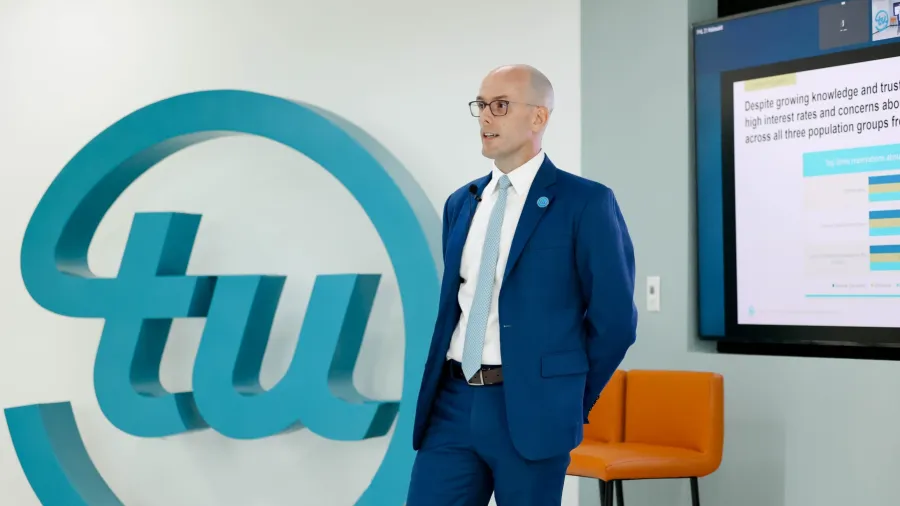
Philippine credit confidence stalls amidst fraud worries
Borrowers view credit cards and personal loans as risky.
Concerns about fraud and high borrowing costs are dampening confidence in Philippine banks and credit providers, according to TransUnion Philippines.
“Whilst Filipinos are more knowledgeable and they do trust credit more than they did last year, consumers really want stronger assurances through safer and more supportive credit environments,” TransUnion Philippines President and CEO Peter Faulhaber told Asian Banking & Finance.
Security and trust ranked just behind convenience as key factors in choosing lenders, based on TransUnion’s Credit Perception Index (CPI) released in September. The index stood at 73 points, compared with 74 a year earlier, signaling stable but cautious credit sentiment. Trust levels, however, improved by six points from 2024, Faulhaber said via Zoom.
Despite growing awareness about credit, skepticism persists. The index showed a nine-point decline in receptivity to credit messaging, meaning fewer Filipinos are open to using credit even after learning about its benefits.
“Borrowing with certain products such as credit cards and personal loans were actually perceived as risky,” Faulhaber said.
Measures that seek to reduce fraud and predatory practices, including an anti-financial scamming law and restrictions on lending to gambling-related activities help address consumer concerns but transparency and communication remain critical, he added.
Sharing data and insights such as TransUnion’s credit perception index, and expanding credit access also boost borrowing confidence, the CEO said.
But expanding access to credit remains a challenge, particularly for older borrowers and those with limited credit histories.
“When boomers are willing to use credit, they may lack access due to limited credit history,” Faulhaber said. “This is where lenders can really use alternative data to help more responsibly and serve more Filipinos.”
Alternative data such as utility and phone payment records can fill that gap. “One big thing that we’ve been leveraging is alternative data—whether it’s utility data or telecommunication data—to try to build up a picture of people who may be paying off those bills regularly,” he said.
TransUnion converts that information into a credit score used by banks and lenders to evaluate customers outside traditional credit bureaus.
“That’s something that’s been in development since 2017, and now we’re seeing significant adoption across industries,” Faulhaber said.



















 Advertise
Advertise











